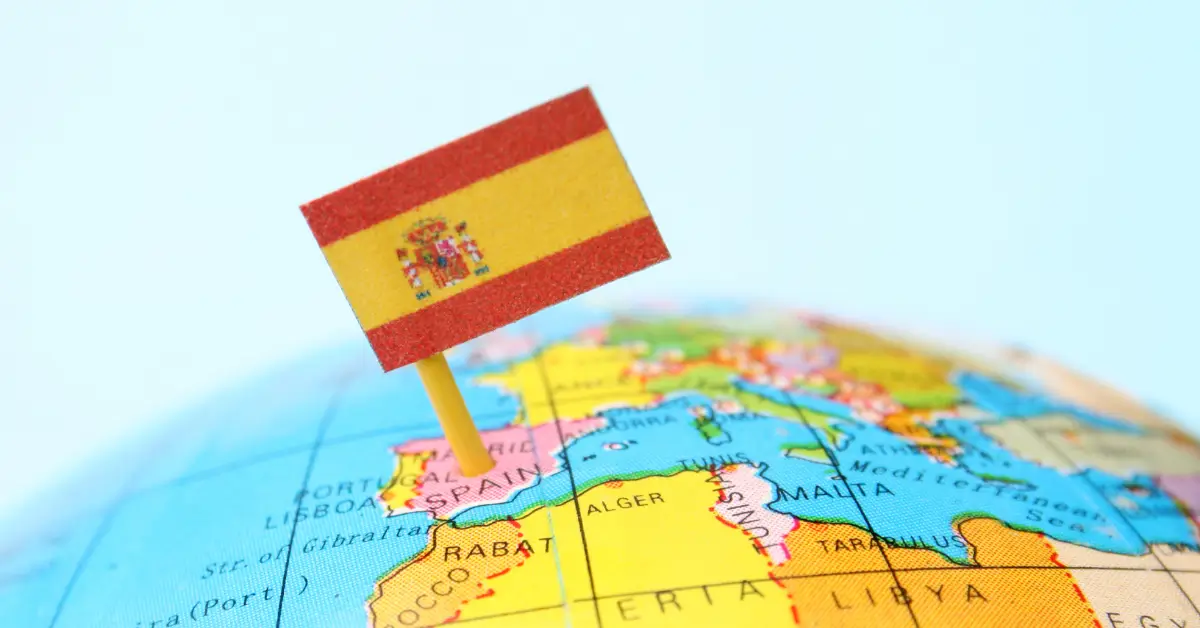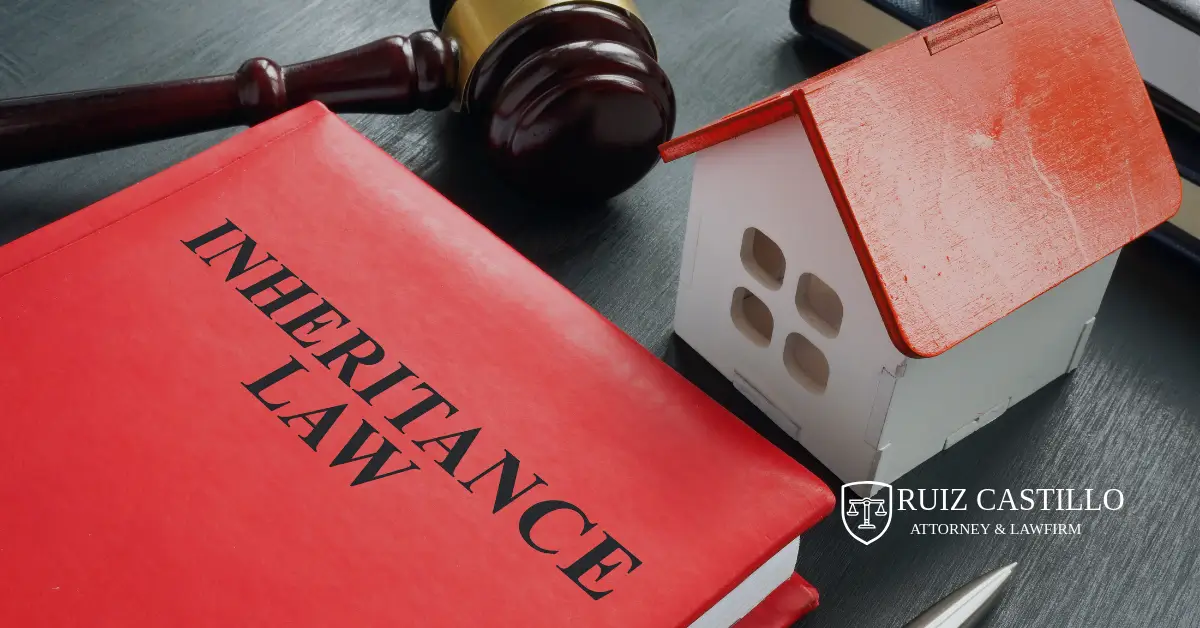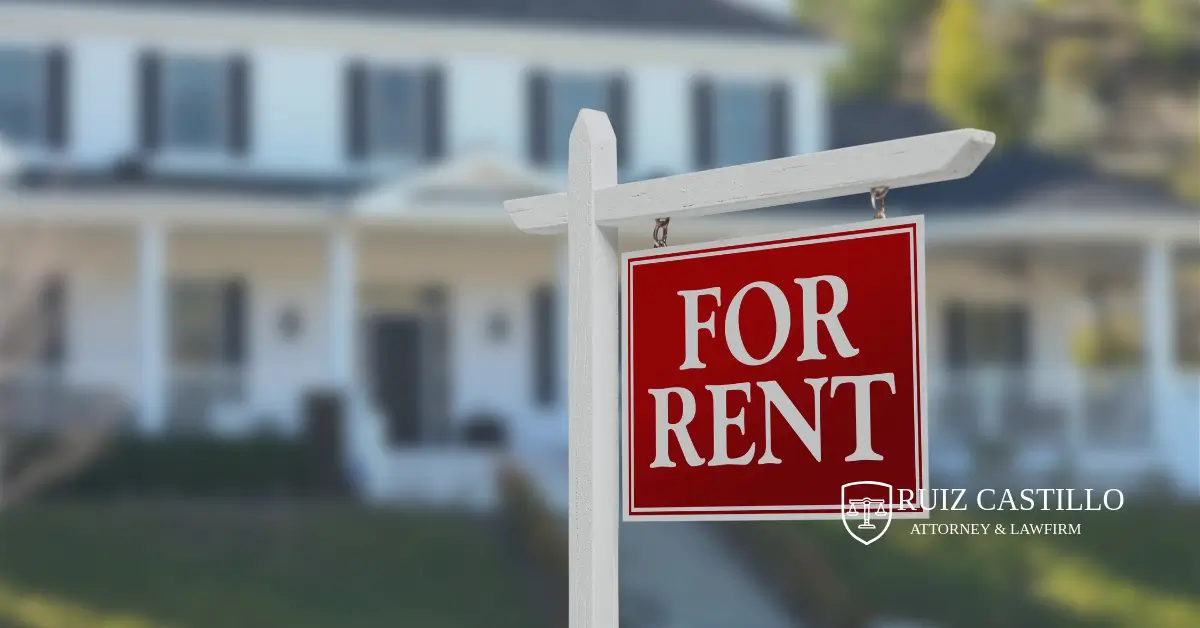
Retiring in Spain is a dream for many expats, offering an appealing mix of great weather, rich culture, and excellent healthcare. However, retiring abroad comes with important legal and financial steps. In this article, we will cover everything you need to know about obtaining a retirement visa, managing taxation on foreign pensions, and accessing healthcare […]
Happy clients
Experience
Masters degrees
Retiring in Spain is a dream for many expats, offering an appealing mix of great weather, rich culture, and excellent healthcare. However, retiring abroad comes with important legal and financial steps. In this article, we will cover everything you need to know about obtaining a retirement visa, managing taxation on foreign pensions, and accessing healthcare in Spain. This guide ensures you are well-prepared to enjoy your retirement comfortably and legally in Spain.
Read my in-depth article about family and personal matters for expats in Spain.
For non-EU citizens, the Non-Lucrative Visa (NLV) is the most common visa for those looking to retire in Spain. It allows you to live in Spain without the need to work or engage in any professional activities. Let’s explore the specific requirements and steps involved in the application process.
To retire in Spain as a non-EU citizen, you must apply for a Non-Lucrative Visa. This visa requires proof that you have sufficient financial means to support yourself without working. As of the latest updates, the required income level is 400% of the Public Multiple Effects Income Indicator (IPREM), which equates to approximately €27,000 annually. Keep in mind, this figure is subject to change annually based on IPREM adjustments and exchange rates, so it’s essential to verify the current amount when you apply.
In addition to meeting the financial criteria, you must also provide proof of comprehensive private health insurance valid in Spain. This insurance must cover all health services, as you will not have immediate access to Spain’s public healthcare system upon arrival. Additionally, you’ll need to provide a clear criminal record from your home country, ensuring that there are no legal obstacles to your visa approval.
For precise guidance on the current financial requirements and visa conditions, or assistance with your application, contact me, José María Ruiz Castillo. I specialize in helping retirees navigate the complex Spanish legal landscape.
The Non-Lucrative Visa application process involves several essential steps. Here’s a breakdown of what you need to prepare:
Once you have gathered all these documents, you must submit your application to the nearest Spanish consulate in your home country. Processing times can vary, so it’s a good idea to apply well in advance of your intended move.
Dealing with legal and bureaucratic processes in a foreign country can be complex. For assistance with your Non-Lucrative Visa application, contact me, José María Ruiz Castillo, for expert guidance and support.
Financial planning is a key part of retiring in Spain, especially when it comes to managing pension taxation and ensuring you have access to healthcare. Let’s dive deeper into these important aspects.
Once your visa is secured, it’s important to ensure you have access to quality healthcare during your retirement in Spain. Spain boasts an excellent healthcare system, and as a retiree, you have several options to ensure you receive the medical care you need.
For non-EU retirees, the most common route to accessing public healthcare is through the Convenio Especial. This special healthcare agreement allows individuals who have resided in Spain for at least 12 months to join the public healthcare system by paying a monthly fee. The cost is approximately €60 per month for retirees under 65 years old and around €157 per month for those aged 65 and above.
Another option is private health insurance. Many retirees opt for this, especially when first applying for a Non-Lucrative Visa, as private health insurance provides immediate and comprehensive coverage. Spanish private healthcare is widely regarded as high-quality, with shorter waiting times than the public system. The insurance premiums can vary based on your age, health condition, and the coverage you choose, so it’s wise to compare different plans before making a decision.
Deciding between the public healthcare system and private health insurance can be challenging, especially with the varying costs and coverage options. For help choosing the right healthcare plan for your retirement, contact me, José María Ruiz Castillo, and I’ll guide you through the available options to ensure you have the coverage you need.
Read my in-depth article about healthcare rights for expats in Spain.
With healthcare needs covered, the next step is to ensure you understand how your foreign pension will be taxed in Spain. Spain taxes pension income progressively, with tax rates ranging from 19% to 47%, depending on your total income. However, thanks to Spain’s double taxation treaties with several countries, including the UK, USA, and many European nations, you typically won’t be taxed twice on the same income. This means that your pension will only be taxed in one country, either in Spain or in your home country, depending on the specifics of the treaty.
It’s important to note that the way your pension is taxed in Spain can vary depending on whether it is a private or state pension. For example, public pensions from government service may only be taxable in the country of origin, while private pensions are generally taxed in Spain. Tax deductions, personal allowances, and potential exemptions are also factors to consider.
Given the complexity of international tax laws, it’s advisable to consult with a tax professional who can guide you through the specifics of your situation. I offer personalized legal services to help you understand how your foreign pension will be taxed in Spain and how to optimize your finances for retirement. Contact me for expert assistance tailored to your needs.
Retiring in Spain offers a wealth of opportunities, but it also requires careful legal and financial planning. From securing the right visa to understanding how your foreign pension will be taxed and ensuring access to healthcare, these steps are critical to making your retirement as smooth and enjoyable as possible.
I am here to help you navigate the complexities of retiring in Spain. For expert legal advice on obtaining a retirement visa, understanding pension taxation, or securing healthcare coverage, contact me today. Let’s work together to make your retirement dreams in Spain a reality.







